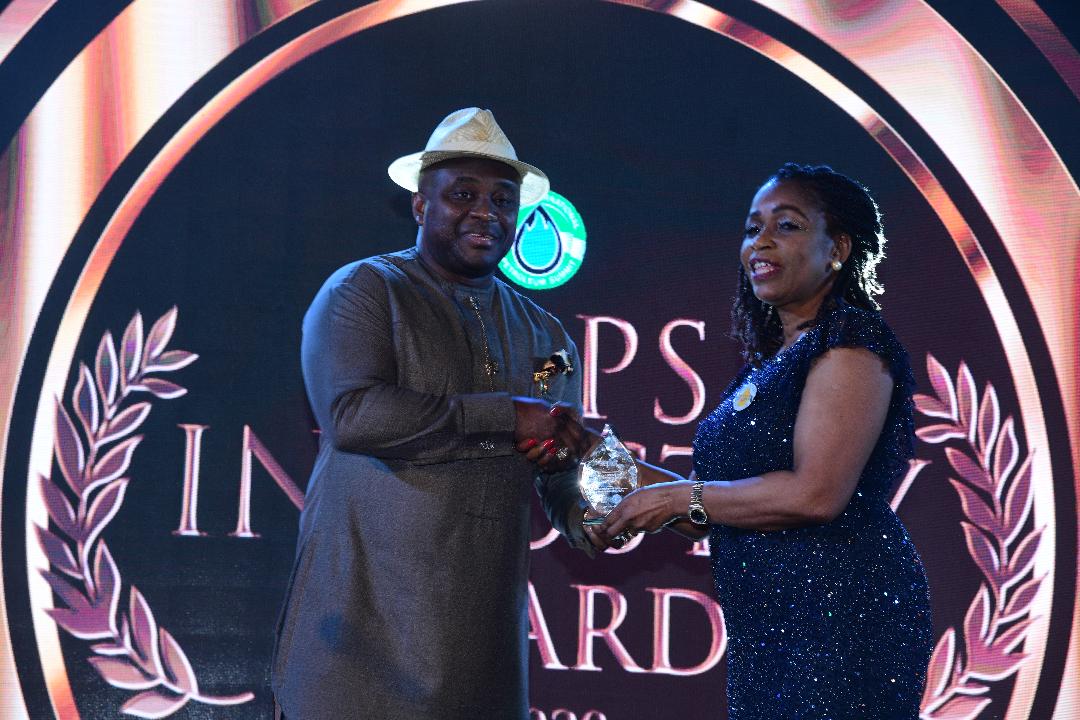Responses From VAIDS Encouraging, Says Nigeria’s Finance Minister

Nigeria’s Finance Minister, Mrs Kemi Adeosun, on Monday stressed that the nation’s dependence on borrowing would reduce, as the ongoing moves to shore up tax revenues achieve desired results.
Adeosun, who took to twitter to give a summary of the outcome of meetings afforded by the just concluded Annual meetings of the International Monetary Fund/World Bank Group in Washington D.C, U.S., expressed satisfaction with the initial response by high net worth individuals to the Muhammadu Buhari administration’s Voluntary Assets and Income Declaration Scheme (VAIDS).
“We’re seeing a good number of high net worth Nigerians coming forward to open discussions at state and federal level about taking advantage of VAIDS and clearing their hitherto undeclared tax liabilities.”
She however admitted that “recessions are not exactly the best time to aggressively push tax drives. That’s why until now we’ve prioritizing borrowing to invest in infrastructure. Now that we’re on the path of growth, we’re shifting our revenue focus to improving tax compliance, hence VAIDS.
She reminded all that the window of opportunity for past defaulters remains open until March next year, recalling that the luxury tax plan, which would see government impose taxes on certain categories of luxury items, is on course.
Moreso, the Minister said, the Federal Government is “at the final stages of a legal process that we have to go through, on account of our obligations to ECOWAS (the Economic Community of West African States.
“Once that’s completed, we will move to implementation,” Adeosun stressed.
Issues arising from the World Bank annual meetings, she said, included a focus on Nigeria’s debt strategy, especially external borrows, while not crowding out the private sector; reducing cost of debt servicing, and shifting the balance of Nigeria’s debt portfolio from short-term instruments.
As part of the design, Mrs. Adeosun explained that “as our domestic borrowing (Treasury Bills) matures we will increasingly refinance them with external debt, which is cheaper and longer-term.”
The Buhari administration, she assured “will be very prudent around debt. We will not borrow irresponsibly. The primary objective of our borrowing is to invest in much-needed infrastructure: roads, power, housing…
“Our dependence on borrowing will reduce as we continue to shore up our revenues from taxes.”



